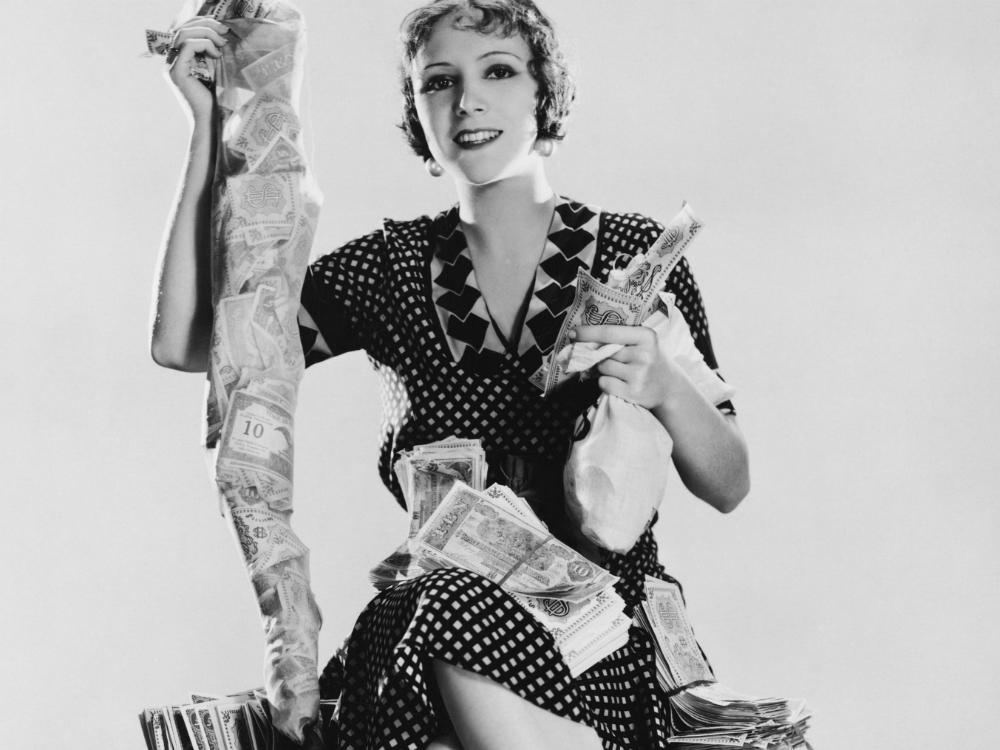Depressingly, it’s going to take over 50 years for the gender pay gap to close
According to a new report, women won’t see financial equality before 2069

According to a new report, women won’t see financial equality before 2069
Here’s a bit more depressing news for women – it’s going to take another 50 years before we all start earning the same as men.
According to a new report by financial consultancy firm Deloitte, the gender pay gap in the UK won’t close until 2069 – almost one hundred years since the 1970 Equal Pay Act was first implemented.
Yes, even though the pay gap is currently the lowest it’s ever been at 9.4% for full time workers, it’s still going to take another 99 years for it to close completely. Which means that it’s currently reducing at the absolutely huge rate of 2.5p a year – that’s just 0.35% of the current minimum wage. Pretty speedy, hey?
Putting it into context, Jemima Olchawski, head of policy and insight at the Fawcett Society, told The Guardian: 'At the current rate of progress young women starting work today will have retired by the time we close the gender pay gap – none of us can afford to wait that long.'

According to the report, those female graduates who are starting work today will earn 8% less than their male counterparts in all STEM subjects combined (i.e. science, technology, engineering and mathematics). And that’s a gulf that’s only set to widen over time unless we address it now.
So why is this still happening? Considering that women make up 50% of the population and it affects all of us, from your average female office worker to Hollywood stars?
Celebrity news, beauty, fashion advice, and fascinating features, delivered straight to your inbox!
According to the report, there are some factors which will affect the overall result, such as women being three times more likely to be in part-time work than men. Also having an impact is the time women take out of work for family reasons and the fact that they often apply for lesser paid jobs after returning from maternity leave.
But one of the main reasons is still discrimination: 'There may also be unconscious discrimination at work and within organisations that affect decisions about jobs and pay.’ Too right there is. No wonder it’s making women depressed.
Let’s hope more companies make like Facebook and take a stand against the gender pay gap now.
Feel strongly about the gender pay gap?
Tweet your thoughts to @marieclaireuk...
The leading destination for fashion, beauty, shopping and finger-on-the-pulse views on the latest issues. Marie Claire's travel content helps you delight in discovering new destinations around the globe, offering a unique – and sometimes unchartered – travel experience. From new hotel openings to the destinations tipped to take over our travel calendars, this iconic name has it covered.